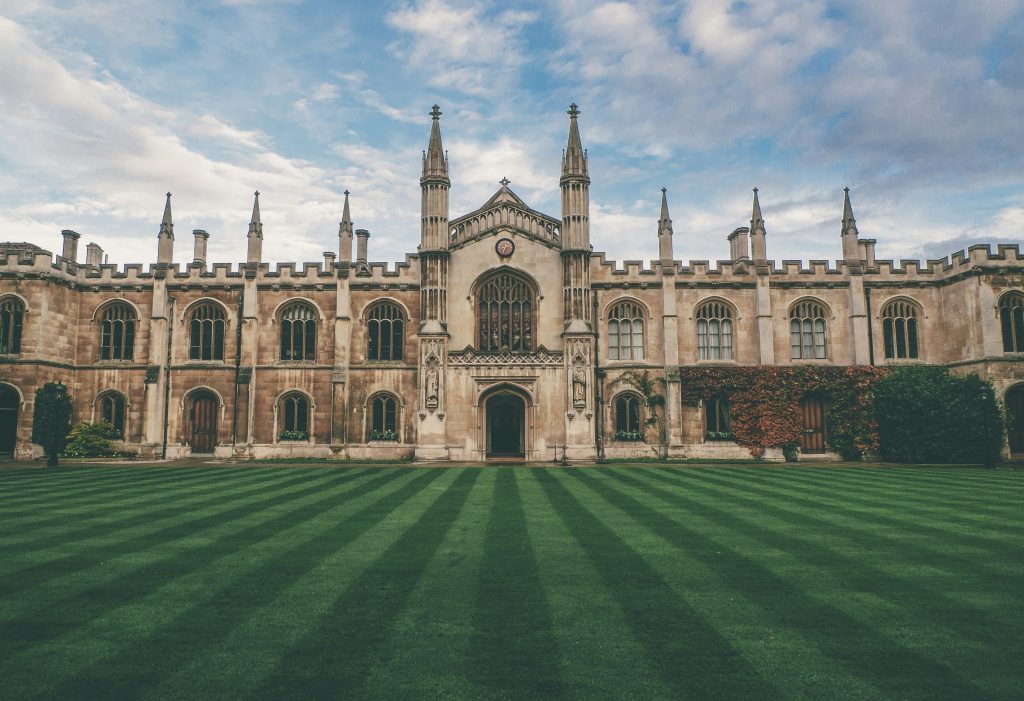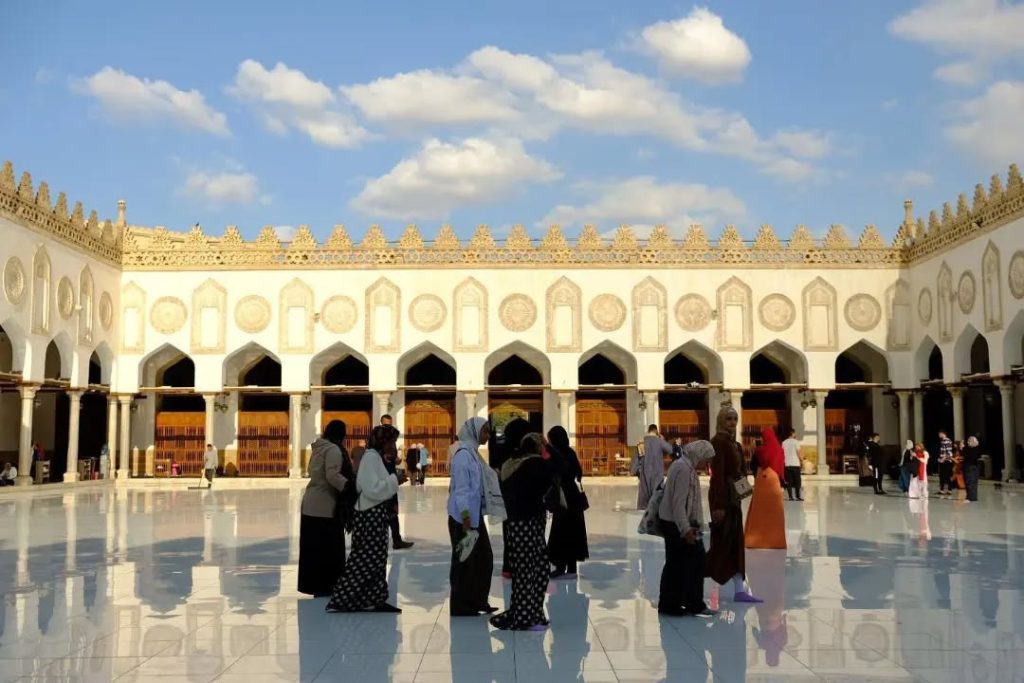The course also includes important secular subjects, such as English language, which is taught to enhance communication skills, and Mathematics, which helps students build logical and problem-solving abilities. Other subjects like Social Studies, Science, History, and Geography are included to provide students with a broad understanding of the world around them, ensuring that they are well-informed about various cultures, historical events, and global developments. Computer Studies are also included, equipping students with the skills necessary for the modern technological landscape.
Furthermore, Tarbiyah (Islamic upbringing) is incorporated into the curriculum to ensure the moral and ethical development of the students. This combination of academic and spiritual education aims to nurture well-rounded individuals who are knowledgeable, pious, and prepared for both the challenges of the modern world and their responsibilities as practicing Muslims.


